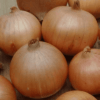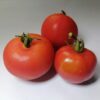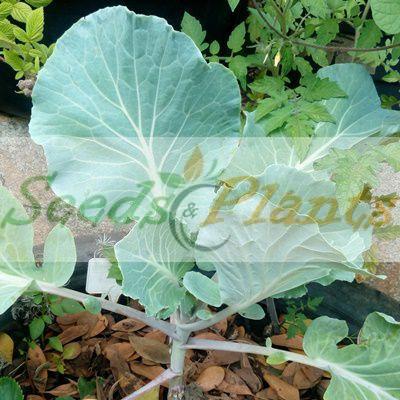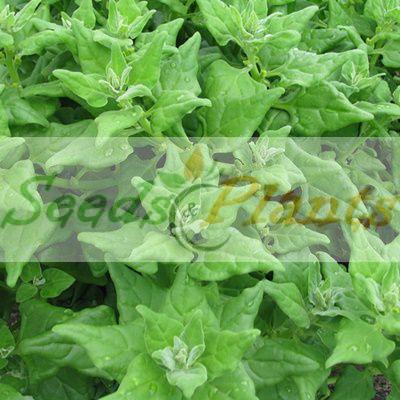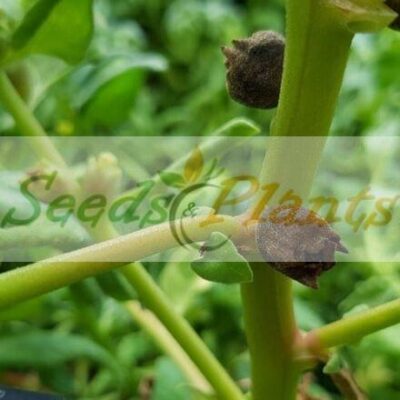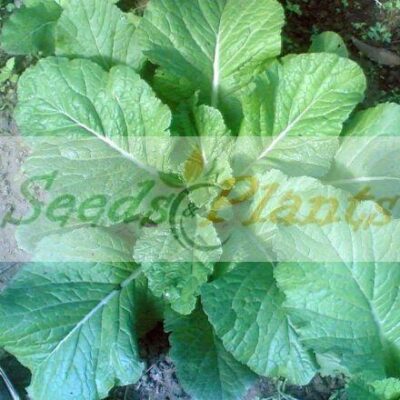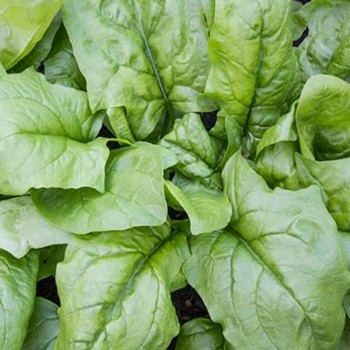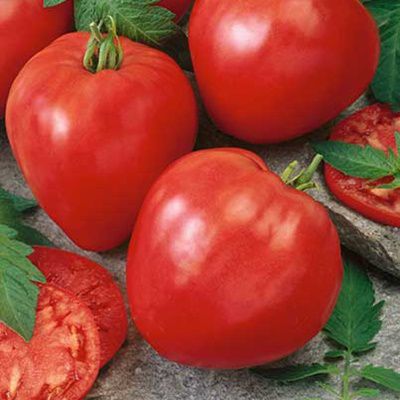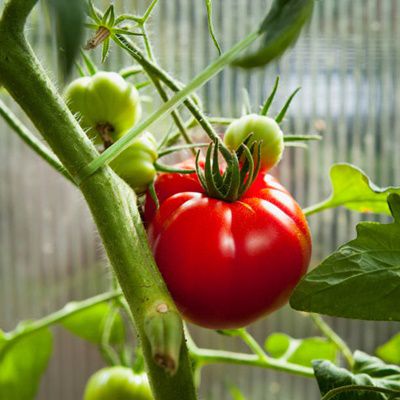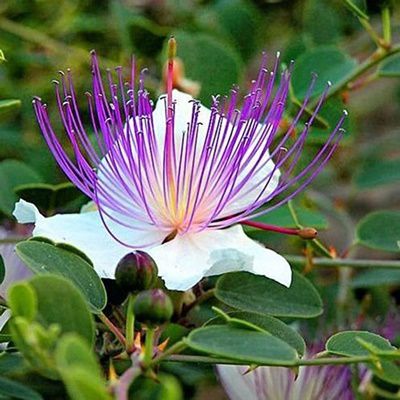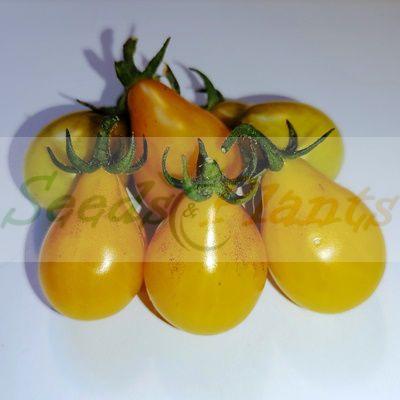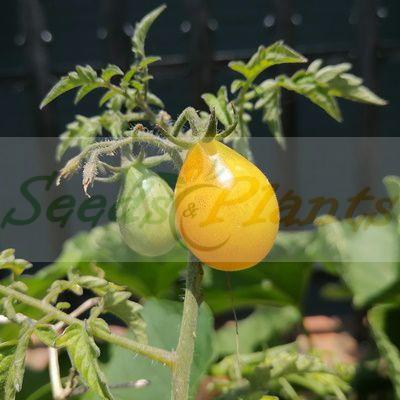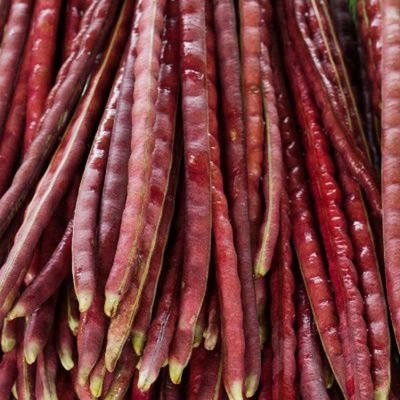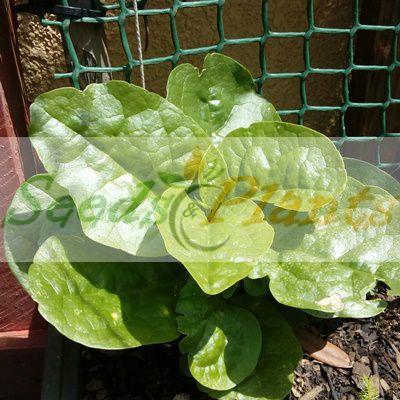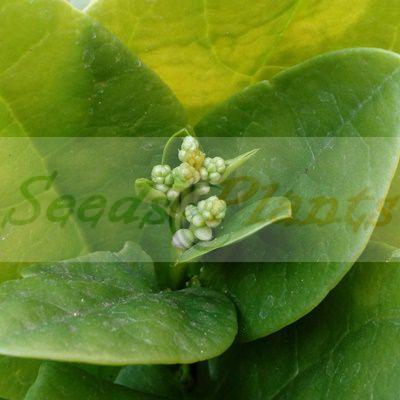🥕 Vegetable Quick Facts
Growth Traits
- 🌱 Life Cycle: Perennial
Couve Tronchuda – 100 Seeds
(Portuguese Cabbage/Kale/Collard)
R30.00
It is also called Portuguese cabbage or Portuguese kale and is the key ingredient in Caldo Verde, a tasty Portuguese soup. The Portuguese word Couve, is used for cabbage as well as for both kale and collards.
Indoor Sowing: Late Winter and Early Spring.
Direct Sowing: Late Summer.
In stock
🥕 Vegetable Quick Facts
Growth Traits
- 🌱 Life Cycle: Perennial
Couve Tronchuda is also called Portuguese cabbage or Portuguese kale. The Portuguese word Couve, is used for cabbage as well as for both kale and collards.
Unlike most cabbages, Couve Tronchuda doesn’t form heads and grows bulky, wide, spreading jade green leaves with fleshy white ribs, therefore it is considered as a leaf cabbage, collard or kale. It looks and tastes very much like collards.It is sweeter and milder in flavor than heading cabbage and can be used throughout the whole season by picking the outside leaves.
Tronchuda is the key ingredients in Caldo Verde, a tasty Portuguese soup. Leaves are also great for stuffing and can be used like Swiss chard.
Indoor Sowing: Late Winter and Early Spring.
Direct Sowing: Late Summer.
- It can be planted in early spring, 2-4 weeks before the last frost, or in late summer, 8 weeks before the last frost.
- Use a good seed-raising mix.
- Sow seeds 8mm deep and keep the soil consistently moist, but not wet or dry.
- It prefers full sun, but can tolerate partial shade
- Needs to grow in fertile soil, rich in organic matter.
- You can expect to harvest your first leaves a few months later.
- This vegetable can survive hot summers. It is not frost tolerant, but may be over-wintered in temperate regions.
Disclaimer
Medicinal Information:
All medicinal information on this website is for educational and informational purposes only and may not be construed as medical advice. The information is not intended to replace medical advice or treatment offered by healthcare professionals.
Seeds, Plants, Plant Cuttings, Geophytes and Dried Herbs:
In some countries and provinces, certain plants are deemed as invasive and are not allowed to be planted at all, whilst some plants are allowed to be grown only in certain areas or provinces. The onus is on you as the buyer to familiarize yourself with the regulations pertaining to your location, before purchasing any of our seeds, plants, plant cuttings, geophytes or dried herbs. We will not be held liable, should you purchase any seeds, plants, plant cuttings, geophytes or dried herbs. from us which are prohibited in your country or province.
Related products
(Cherry Tomato – Indeterminate Tomato)

